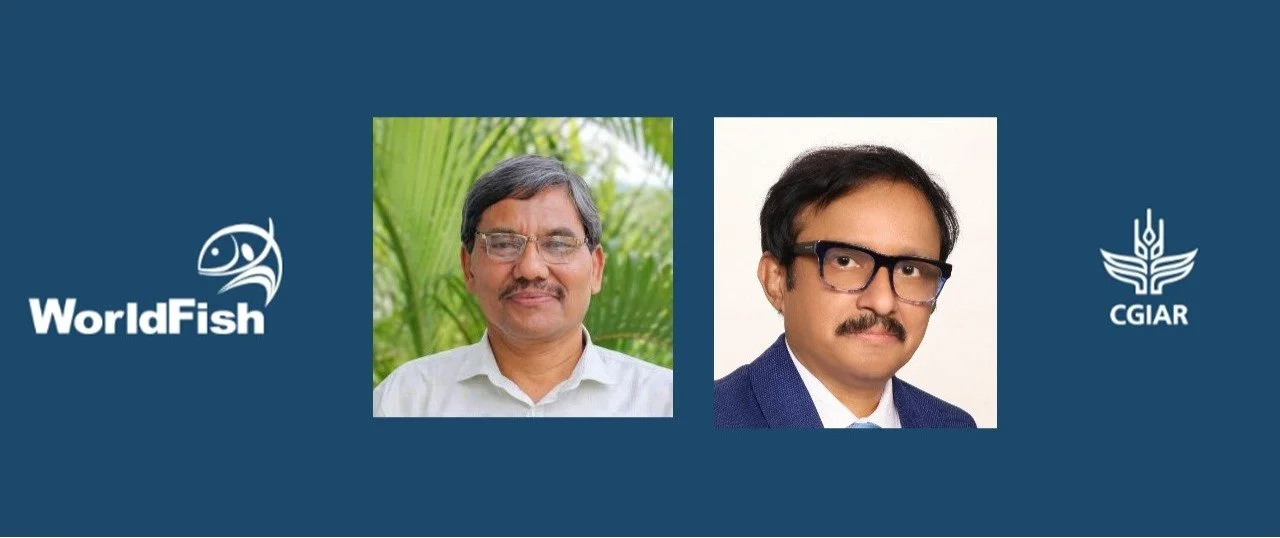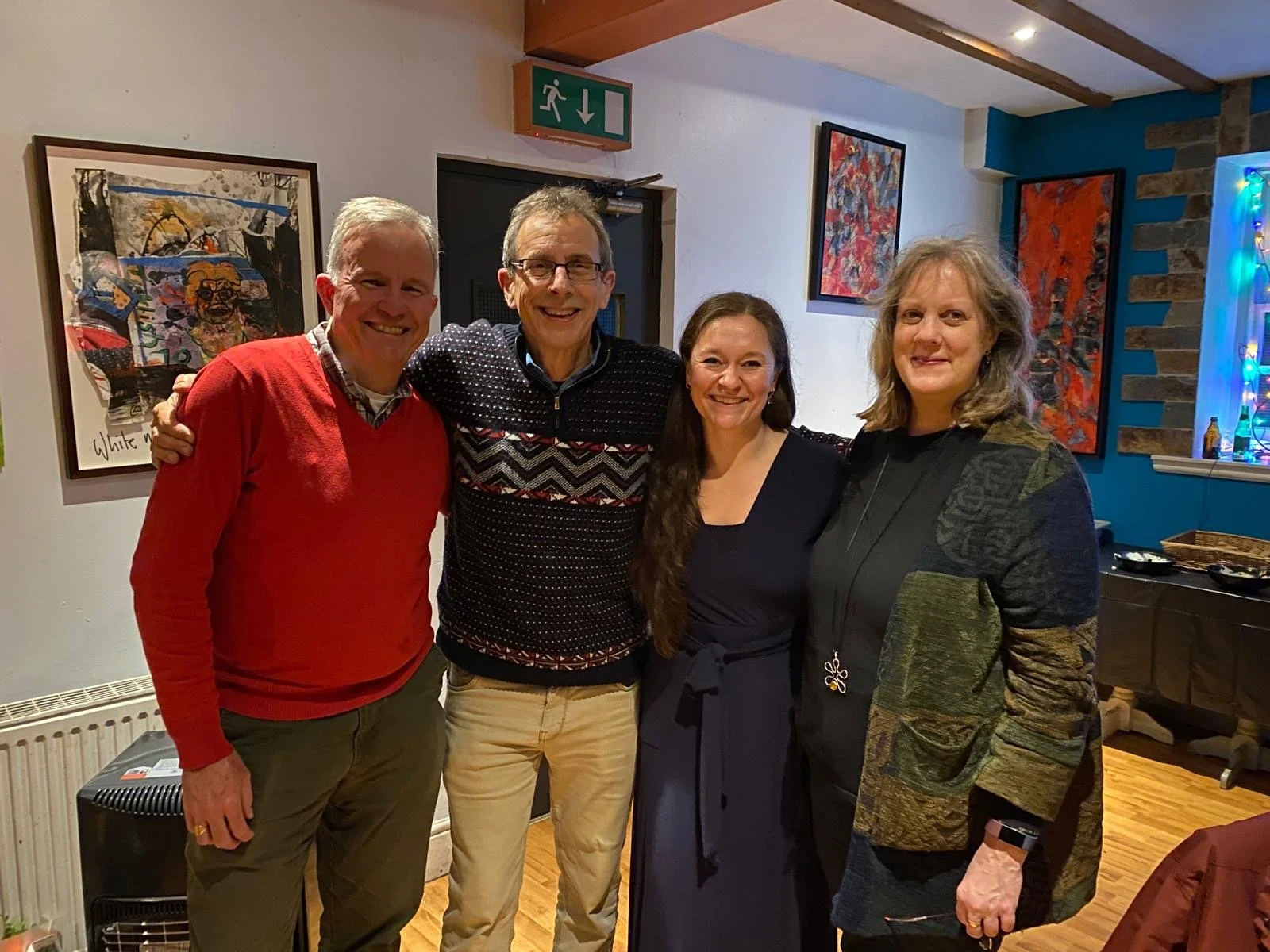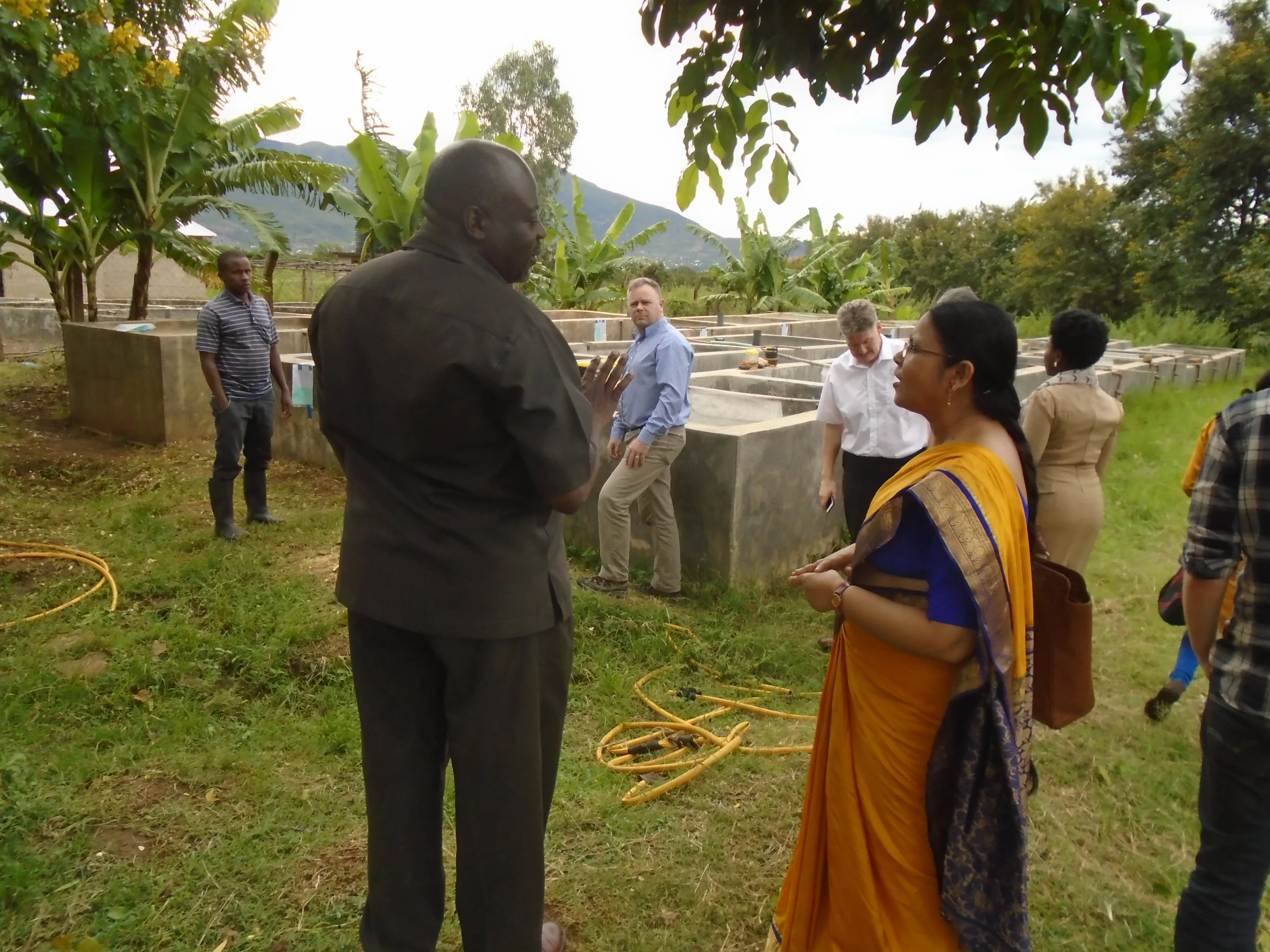BBSRC funded SNIPH (Enhancing Omega 3s in farmed fish ) project Annual Progress and Planning Meeting held in Tanzania 28 Feb - 2 March 2018
Professor David Little in Thailand for Eurastip project
Professor Dave Little in Thailand for Eurastip project meeting with Dr. Chum-narn Pong-sri, Deputy Director General Dept. of Fisheries of Thailand this week. EURASTiP establishes and develops national and international networks relevant to industry needs and research and development prioritisation, capitalising on existing best practice, training and technology transfer.
Let them eat carp: Fish farms are helping to fight hunger
Our research shows that common perspectives on aquaculture are wildly out of sync with current developments. In fact, the vast majority of farmed fish is consumed in the same developing countries where it is produced, and is widely accessible to poorer consumers in these markets. Most of it comes from a dynamic new class of small- and medium-scale commercial farms, the existence of which is rarely recognized. To understand the potential of aquaculture to feed the world, researchers and consumers need to appreciate how dynamic this industry is.
Engaging with the local business community
Trevor Telfer, John Bostock and other colleagues from the Institute of Aquaculture contributed to a recent Business Engagement Event organised by the University of stirling Faculty of Natural Sciences. Over 40 local organisations participated including several directly involved in the aquaculture sector.
Sustainable Aquaculture Group PhD and alumni recognised for their applied research and contribution to commercial sectors
Economist article IOA alumni: Counting Fish and Chickens How the growth of cities changes farming
New research on more efficient use of by-products in the Scottish salmon farming industry
The Scottish salmon farming industry could generate an additional £23.7 million a year if it used its salmon by-products more judiciously.
- New research from the Sustainable Aquaculture Group , has found that the total by-product value output could be improved by 803 percent (£23.7 million), based on 2015 figures, adding 5.5 percent to the value of the country's salmon industry.
PhD Opportunities (X 5) at the Institute of Aquaculture
IMAQulate Project 2nd Annual Progress and Planning Meeting: Andra Pradesh, India
The BBSRC-funded IMAQulate project held its second annual progress and planning meeting in Bhimavaram, Andhra Pradesh, from 9th-15th January 2018. Partners from the UK, India, Bangladesh and Kenya met to discuss the progress made in situation analyses of PHP use on farms, hatcheries and nurseries, as well as microbiological analyses of PHP products and extraction and isolation of saponins from a variety of natural sources to test potential beneficial effects on fish immunity.
IMMANA Project Nutrition-sensitive aquaculture - charting the future for everyday superfoods
Professor Little writes from Cambodia:
I’m in Siem Reap Province, Cambodia, home to the UNESCO World Heritage centre Angkor Wat, where a global workshop on nutrition-sensitive fish agri-food systems is just finishing.














